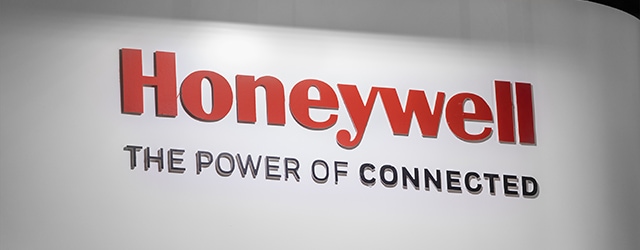Under pressure from activist investors, company leaders are in a balancing act between the desire for greater margins and need to grow.

Honeywell International has appointed veteran operational manager Greg Lewis as chief financial officer on August 3 after Tom Szlosek retires. Lewis played a key role in simplifying the group’s businesses by eliminating 32 enterprise resource planning systems—a move that put the company on track to save more than $50 million. He also split the former Automation and Control Solutions division into two leaner and more focused units.
Honeywell’s top management, which includes newly appointed executives at the Homes and Transportation Systems spinoffs, faces the challenge of balancing the desire for even higher profitabilitywith the need to invest in customer satisfaction. That is particularly true in the aerospace division, which accounts for one-third of Honeywell’s portfolio but has underperformed in customer satisfaction.
“Senior leadership has to find a way to manage this balancing act of the desire for even greater margins versus the need to grow and focus more on satisfying customers,” says Kevin Michaels, managing director of AeroDynamic Advisory.
Large conglomerates like Honeywell have become the target of activist investors urging them to break up and generate higher returns from some of its business units.
Honeywell has resisted calls from hedge fund Third Point to spin off its aerospace unit and decided instead to sell two non-core businesses.
“Conglomerates are still under scrutiny by the financial community. Within a year, we could have some of the biggest names in aerospace that are spun out of large conglomerates,” adds Michaels, citing General Electric and United Technologies.
Focusing on growth rather than margins in aerospace could help conglomerates like Honeywell resist activist shareholder influence, says Michaels.
“I think that a number of them need to continue to put out great numbers to keep at bay the activist investors that want to break the company up,” he says.
Honeywell, which plans to separate from its two spinoffs by the end of the year, has reaffirmed its full-year 2018 guidance of 3%-5% organic growth, 30-60 basis points of segment margin expansion, and 10%-13% earnings-per-share growth, reflecting a range of $7.85-$8.05 dollars from a previous forecast of $7.75-$8.00 dollars.
“Among the large diversified industrials, Honeywell is the furthest along at narrowing its business portfolio and likely has the clearest delineated path to create value in a digital economy,” Nicholas Heymann, a top global industrial analyst from William Blair, says in a research note.



